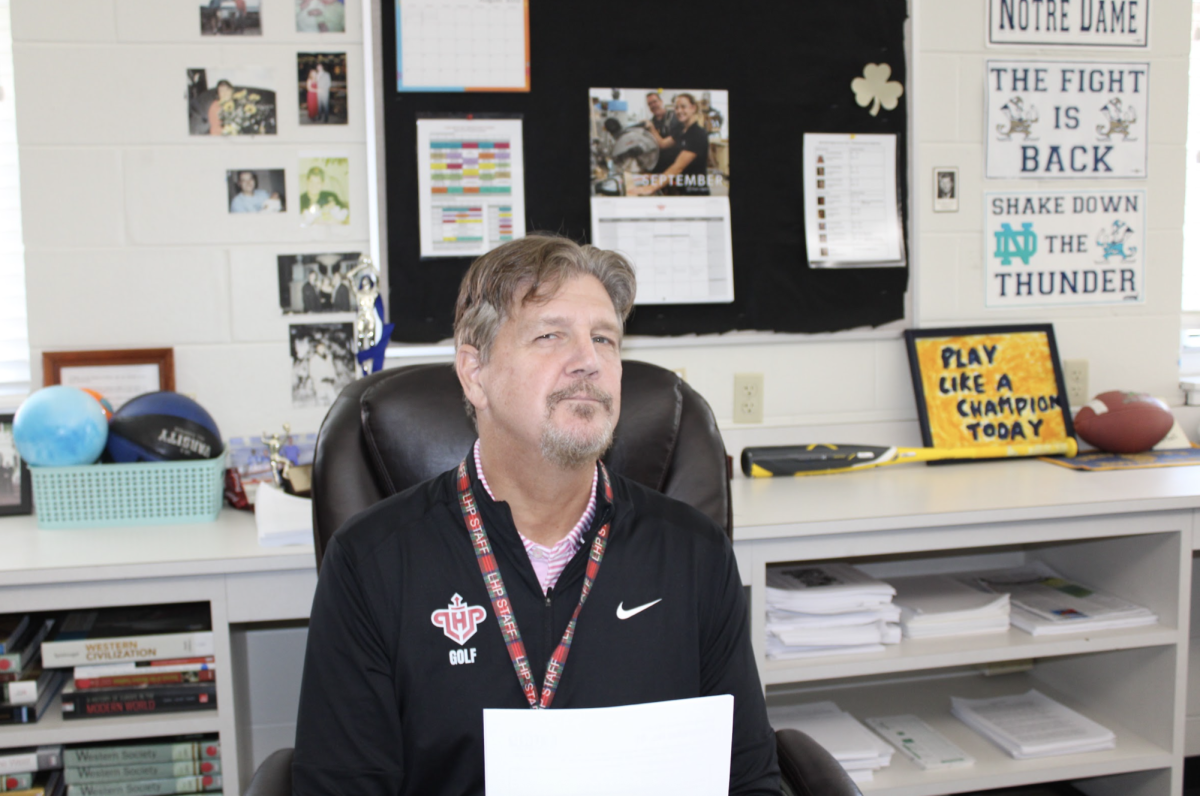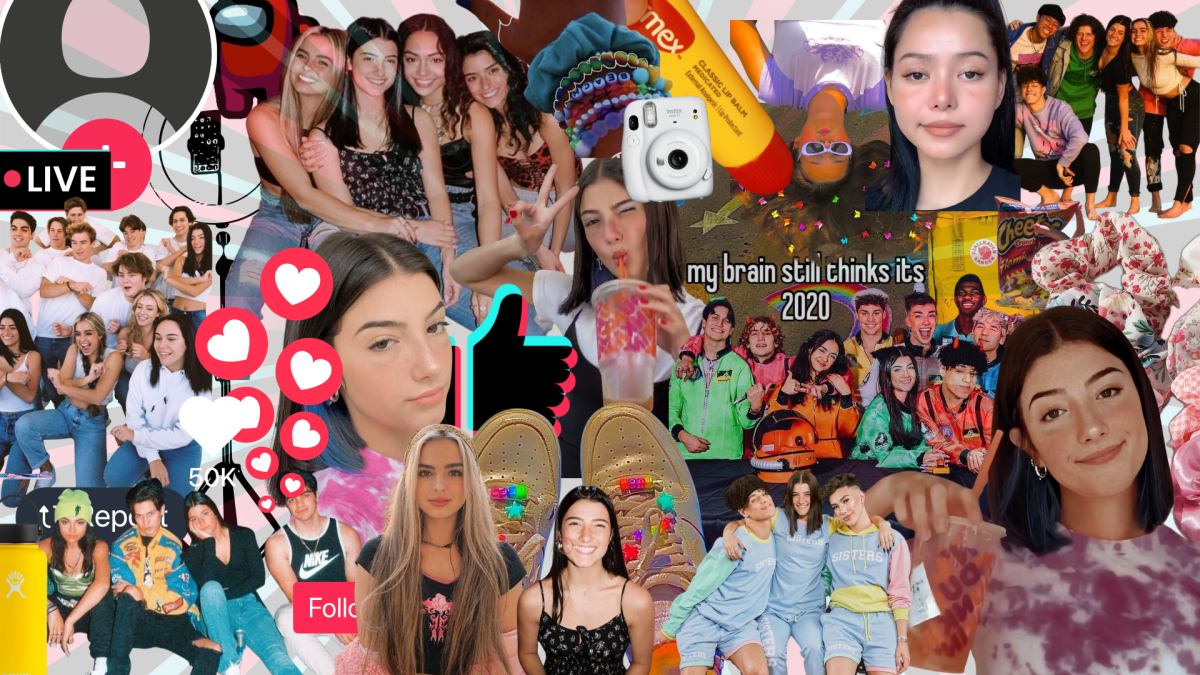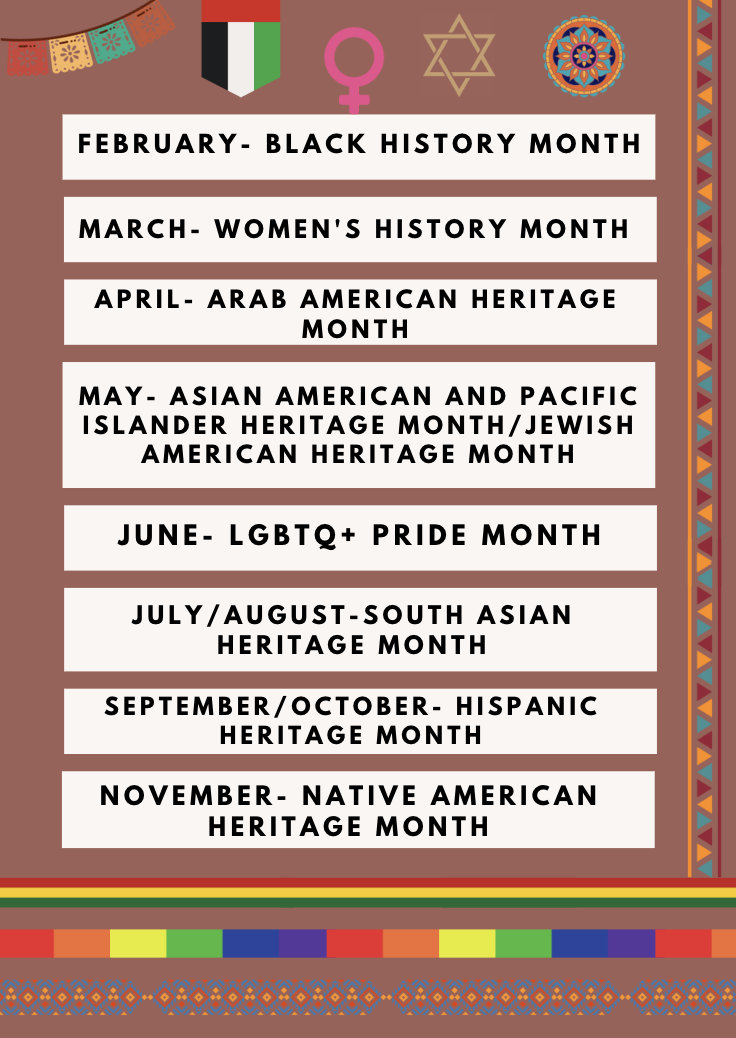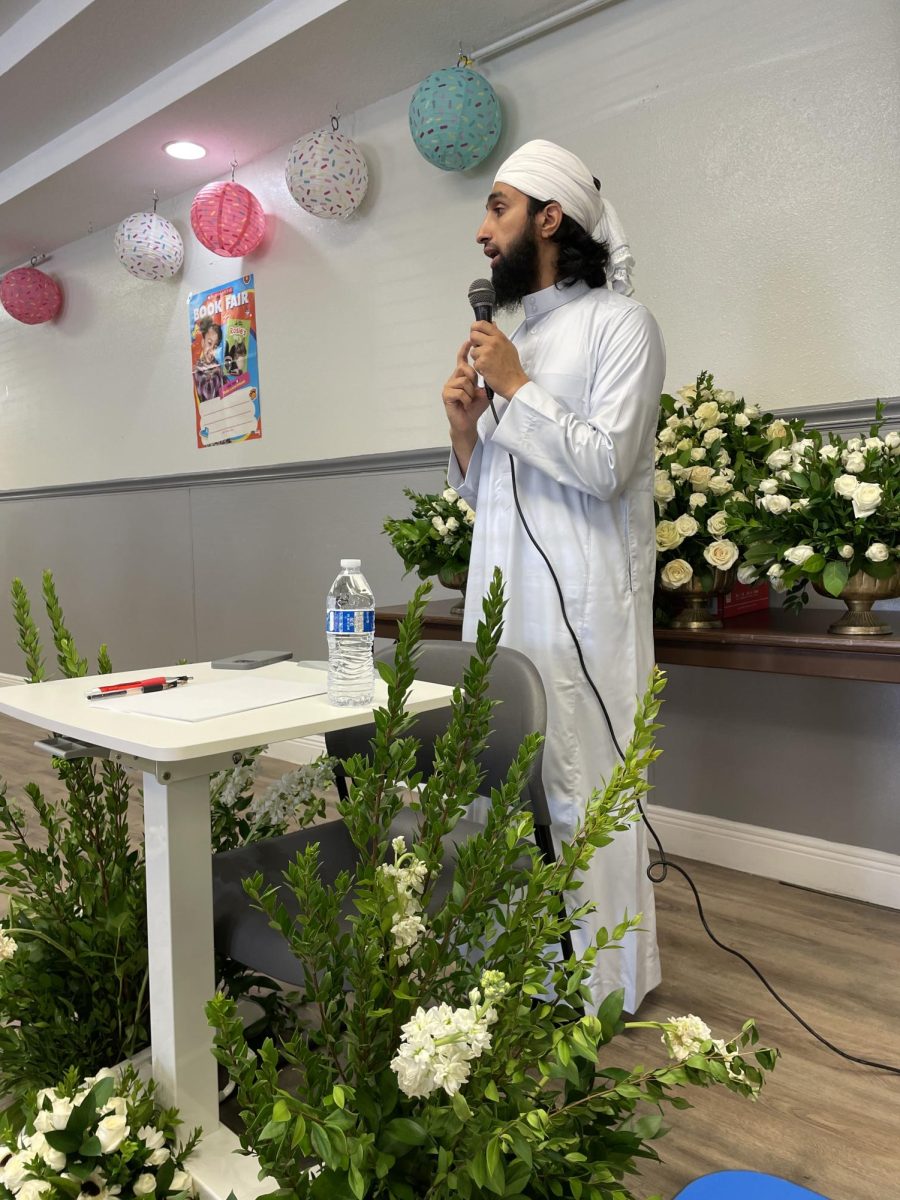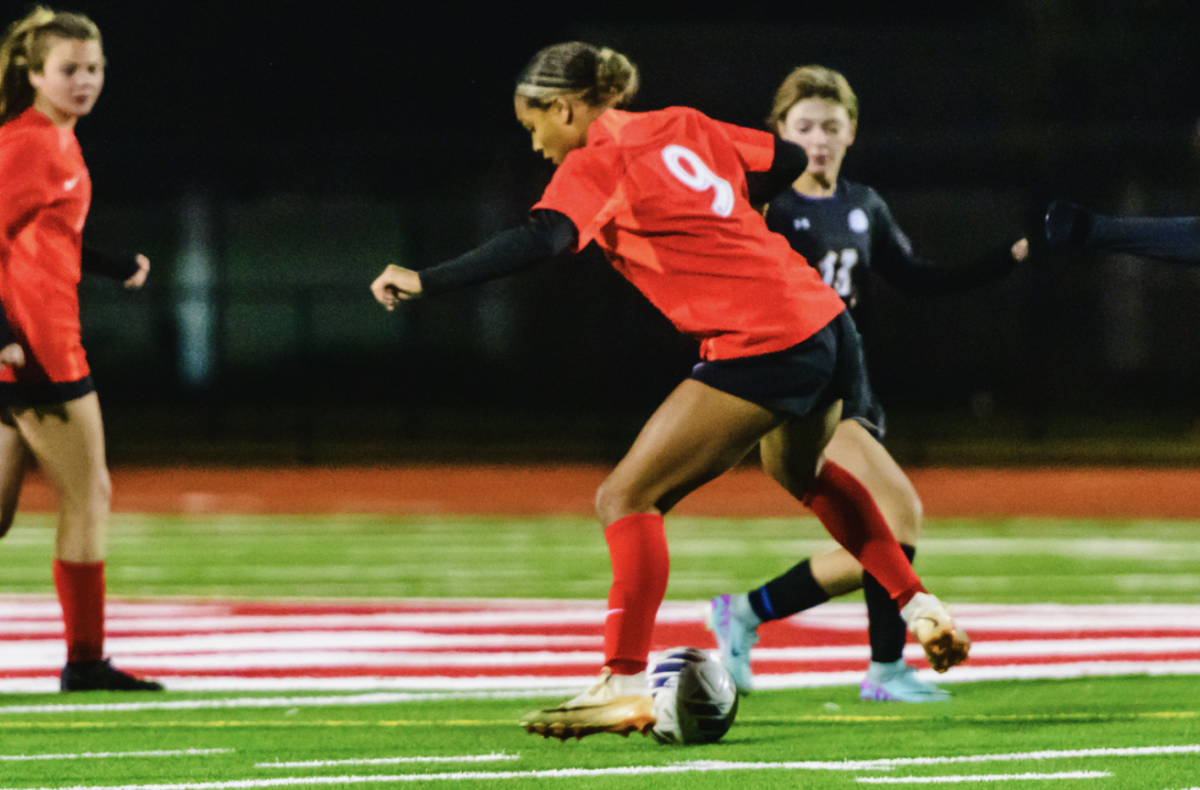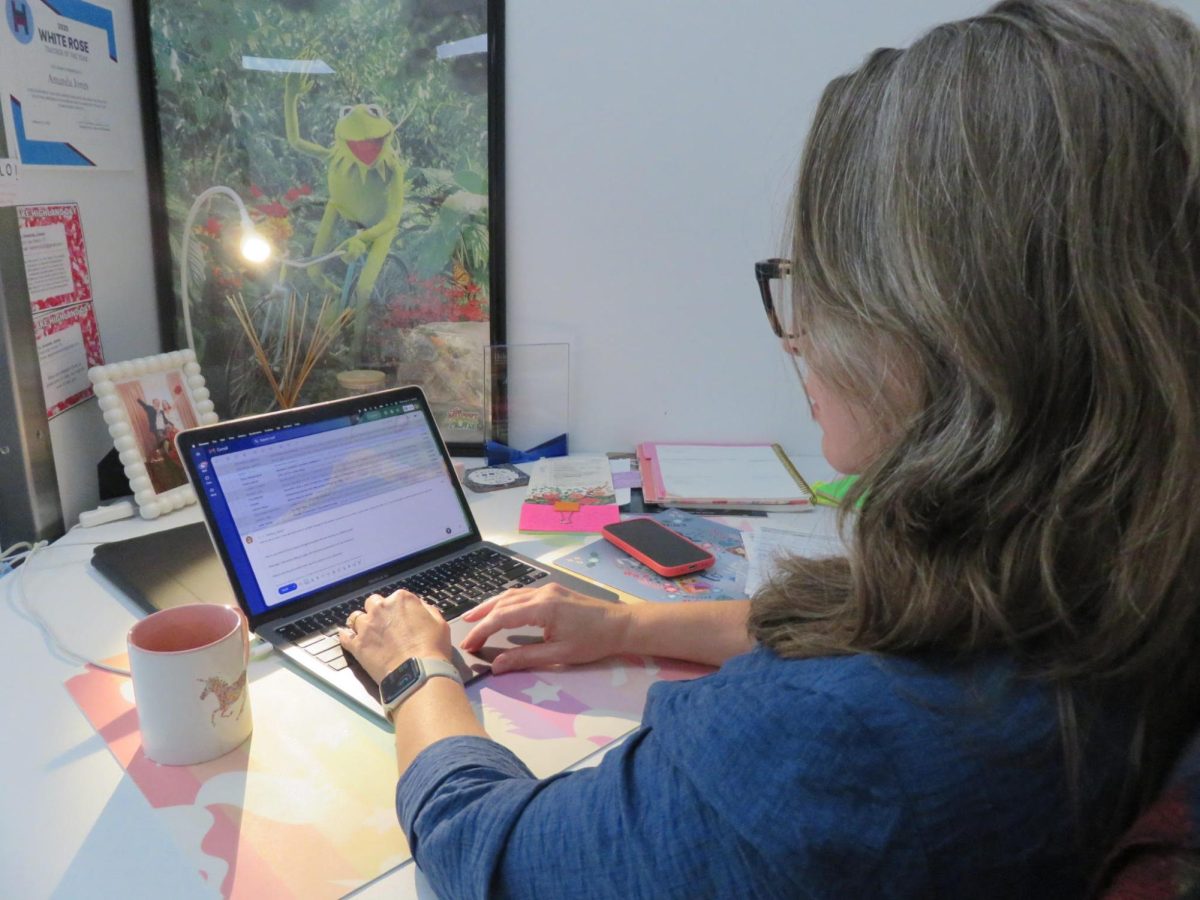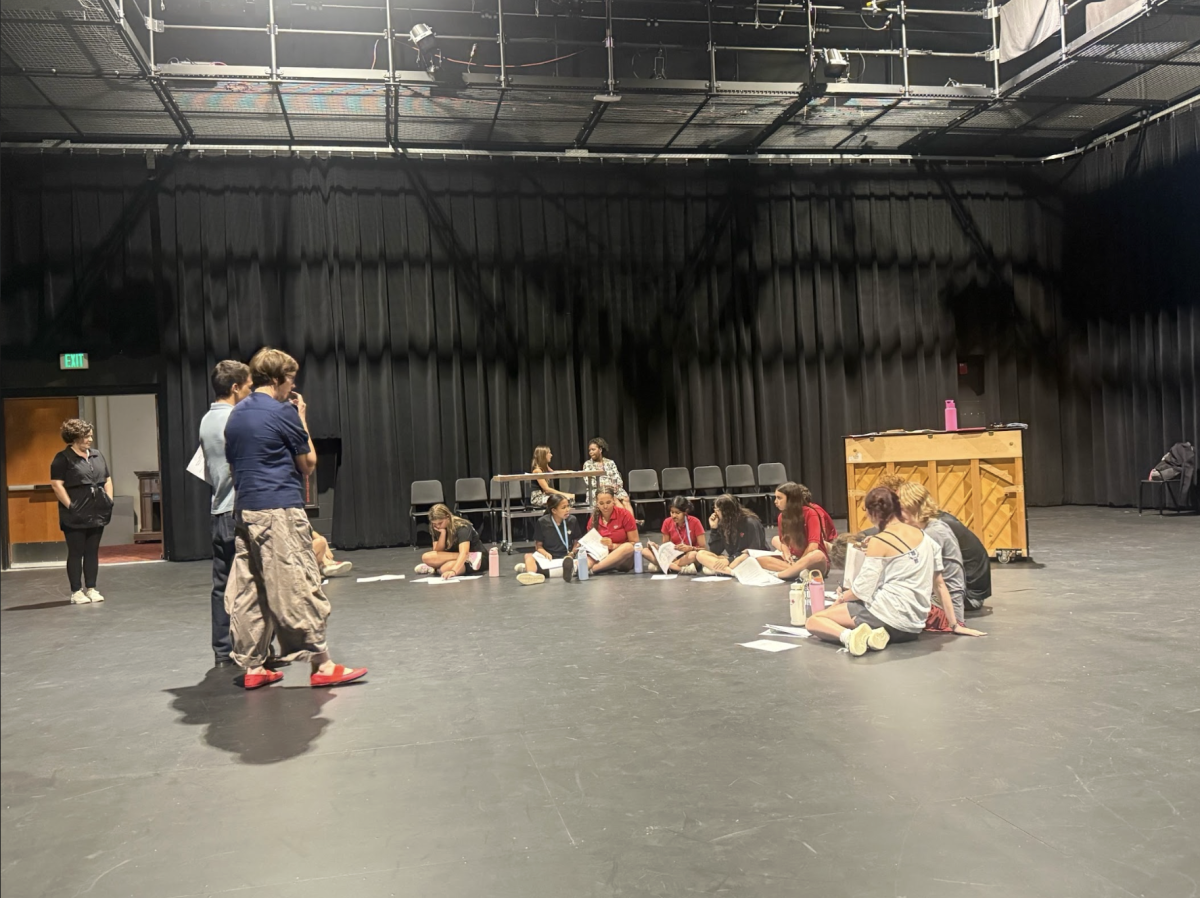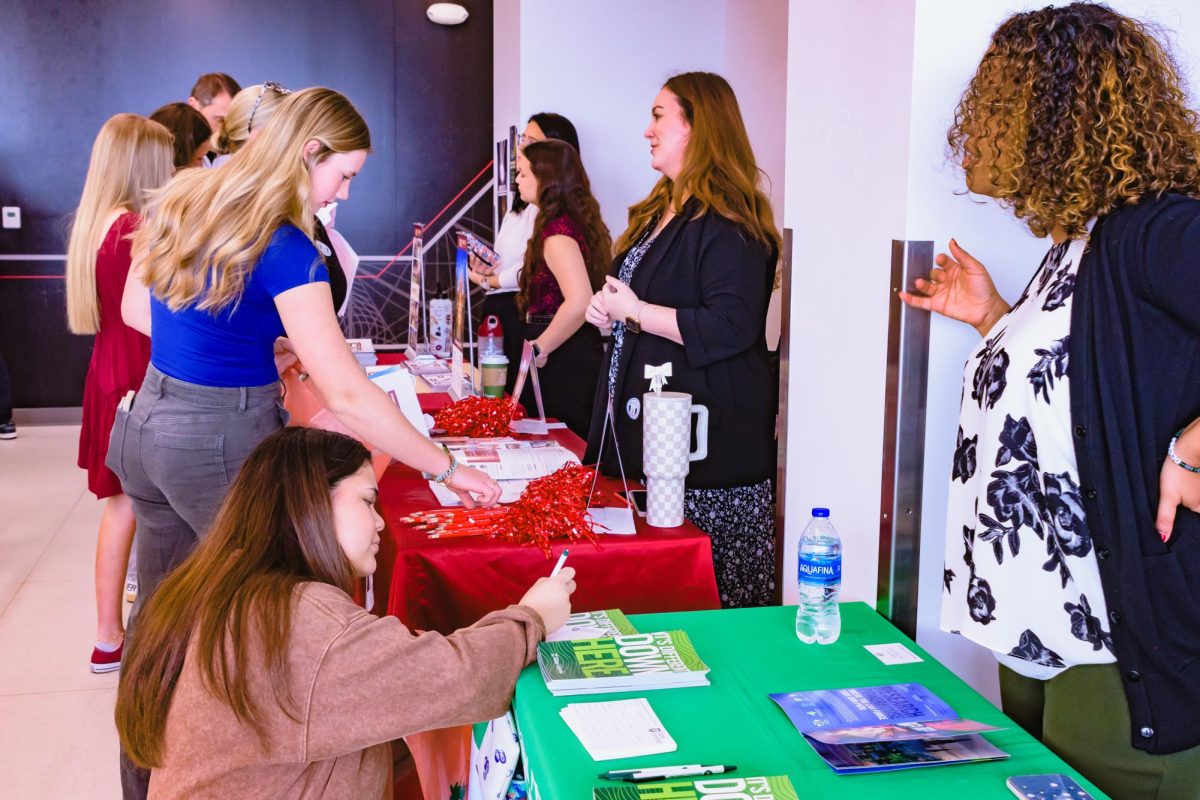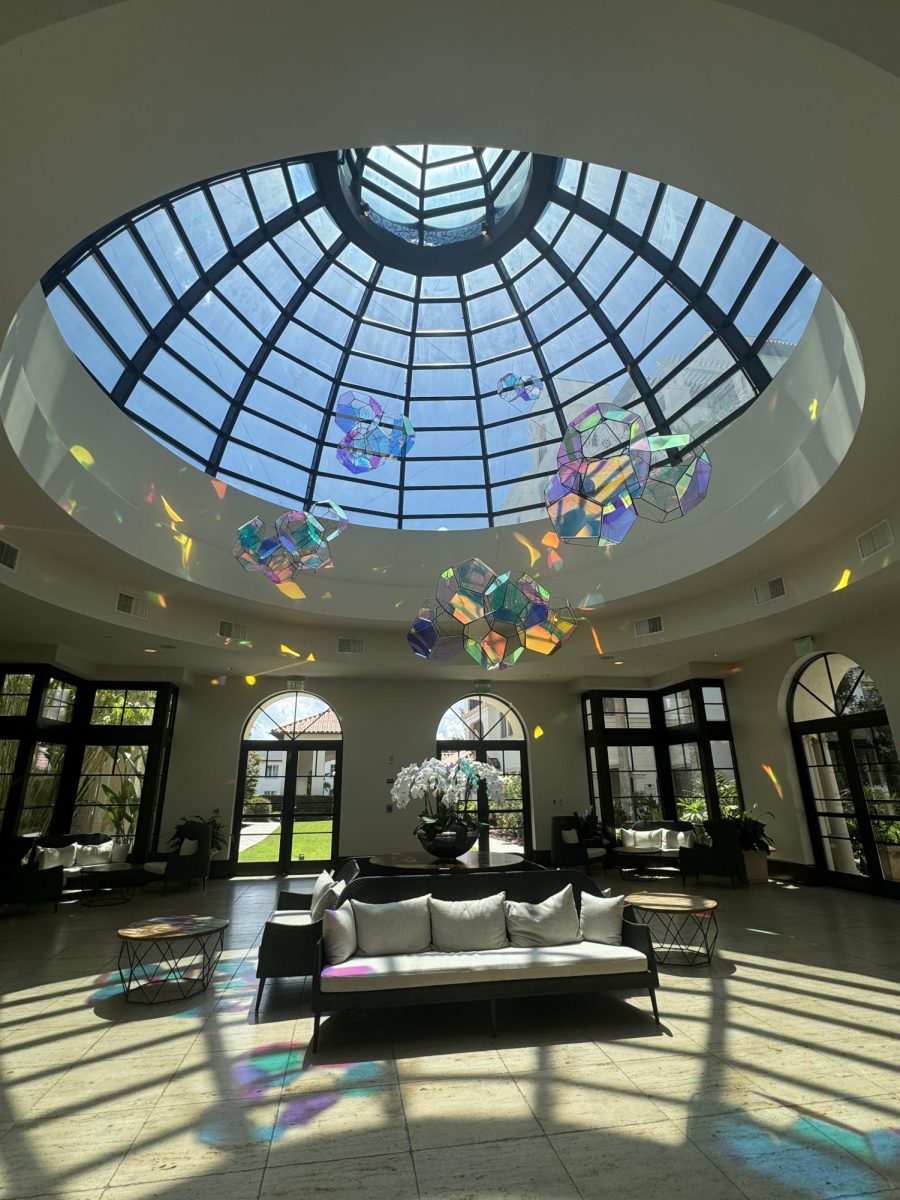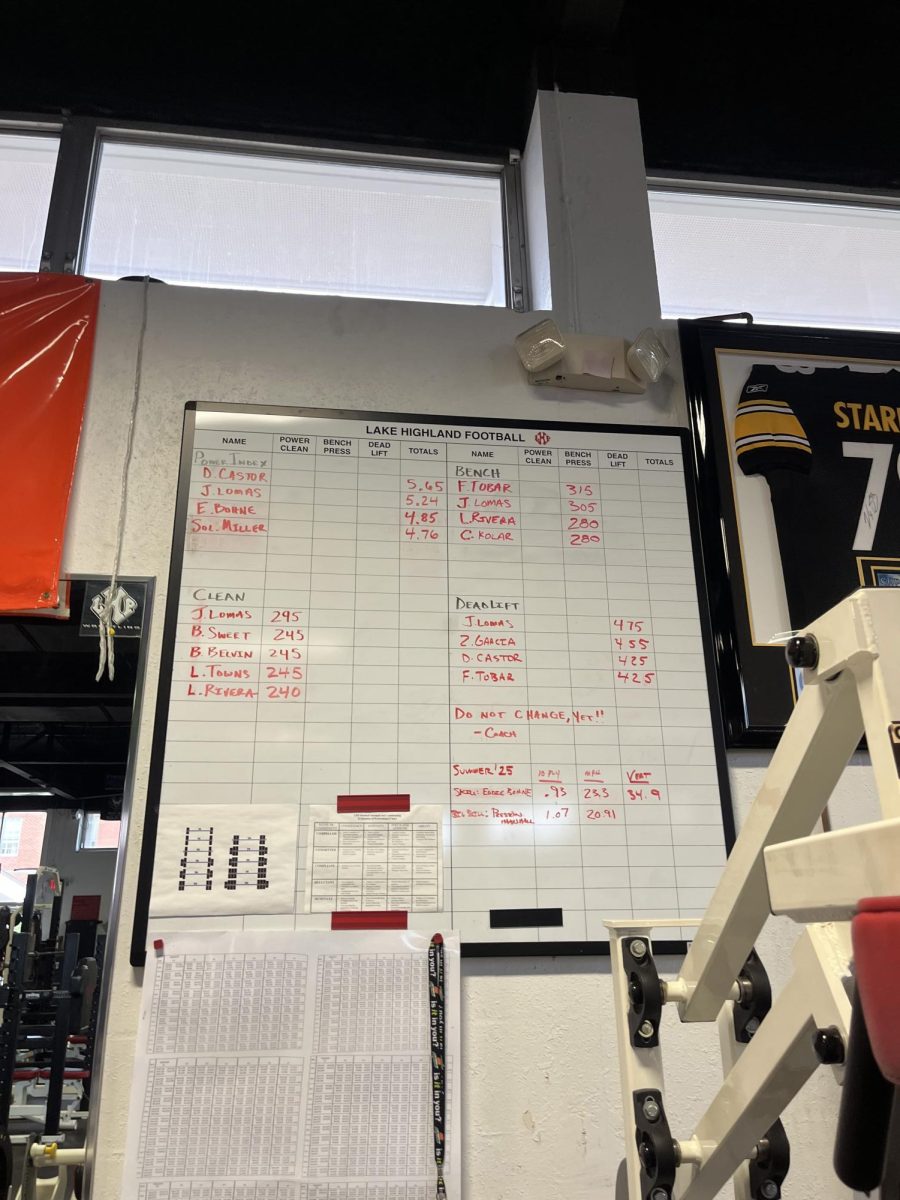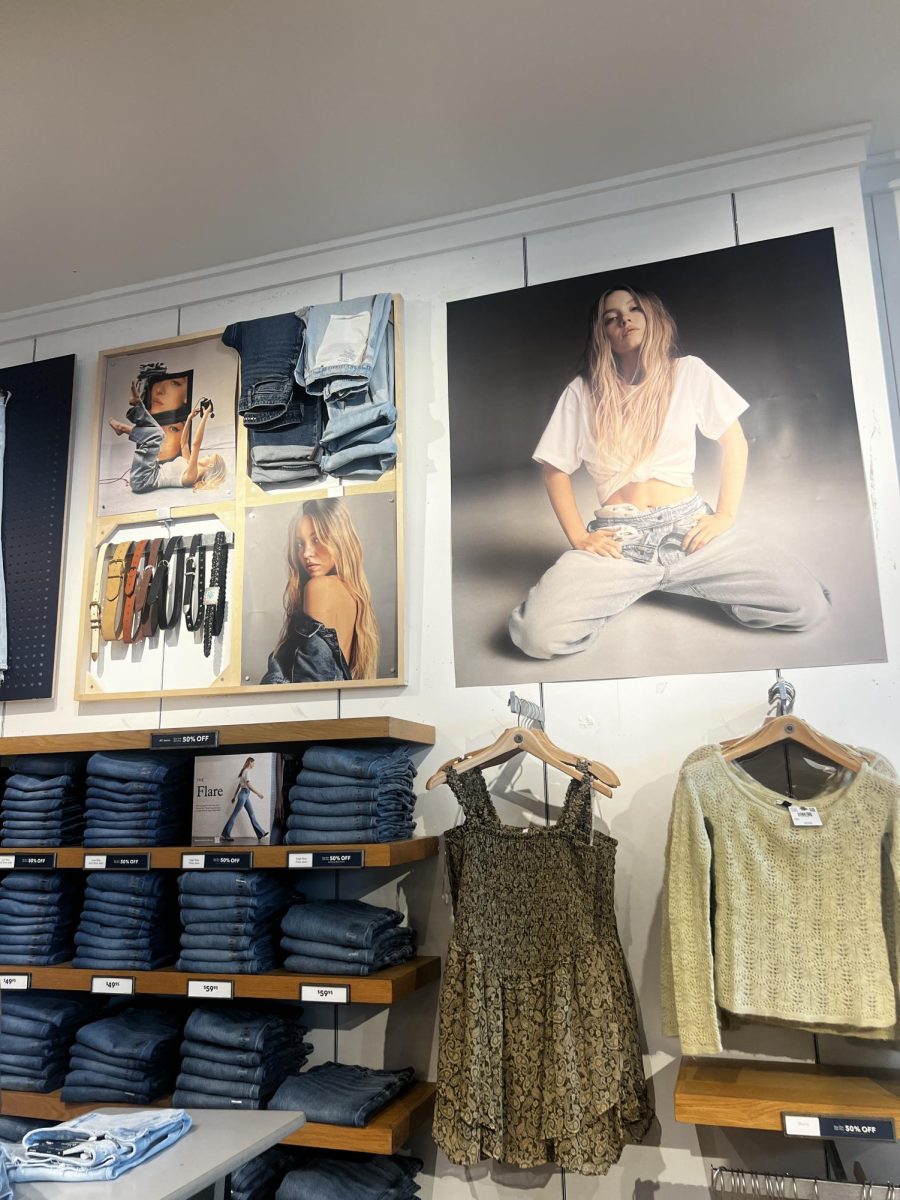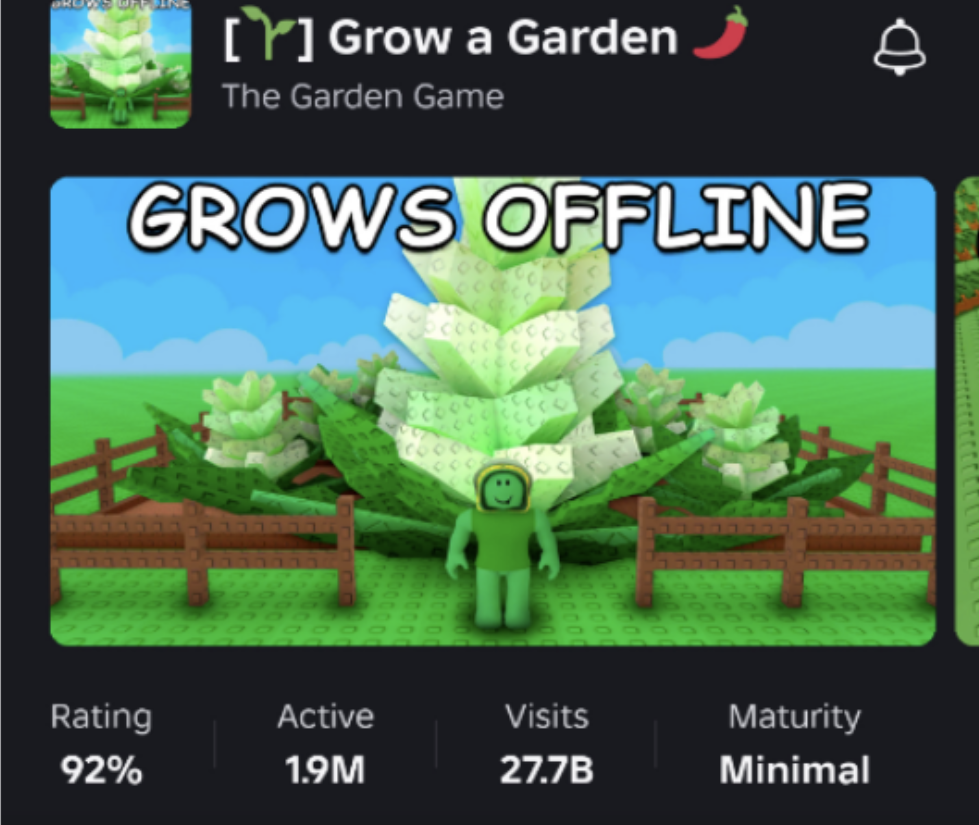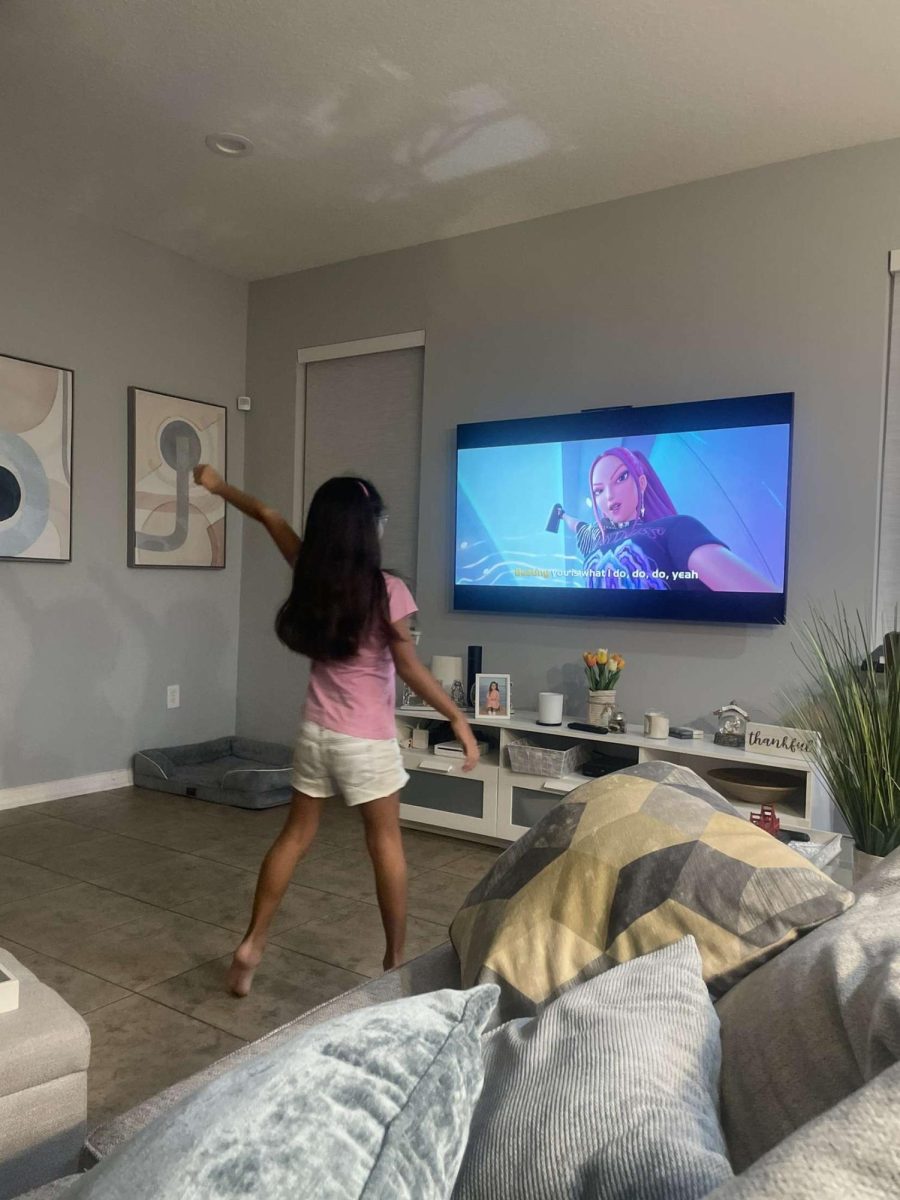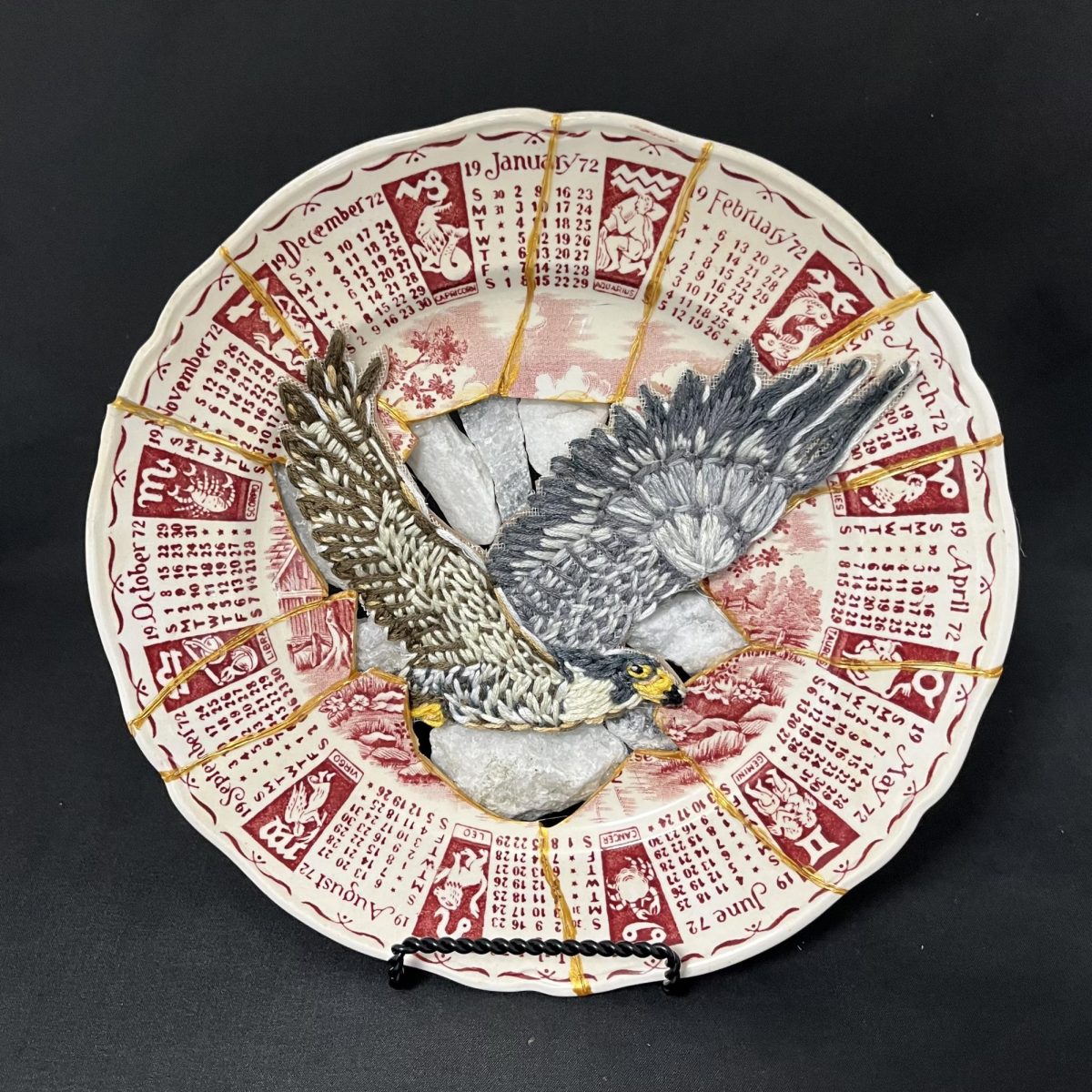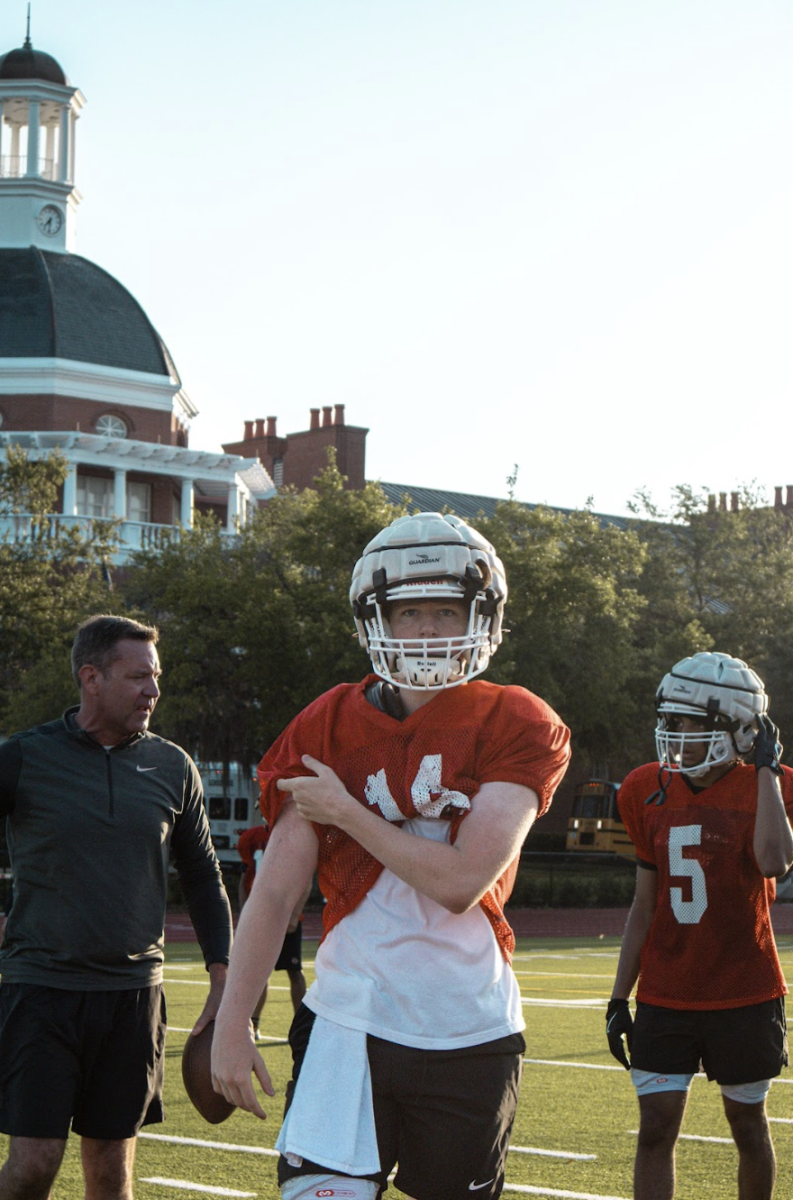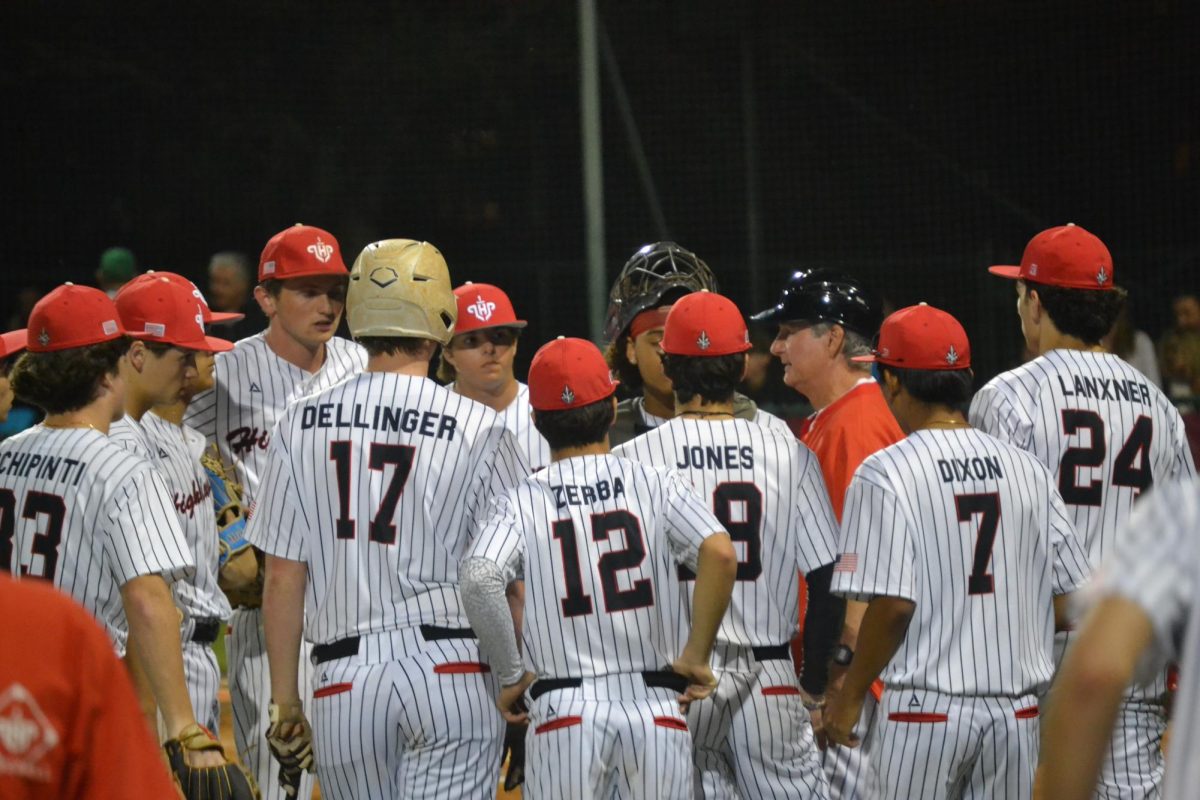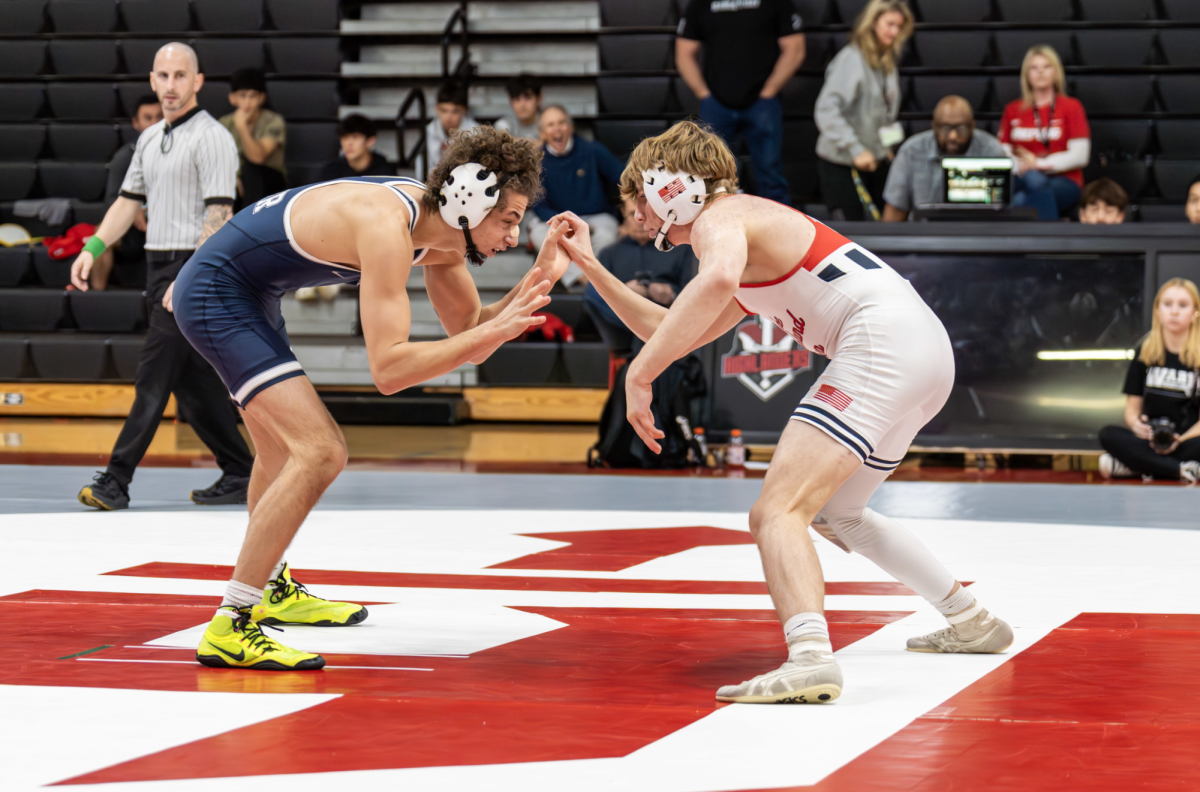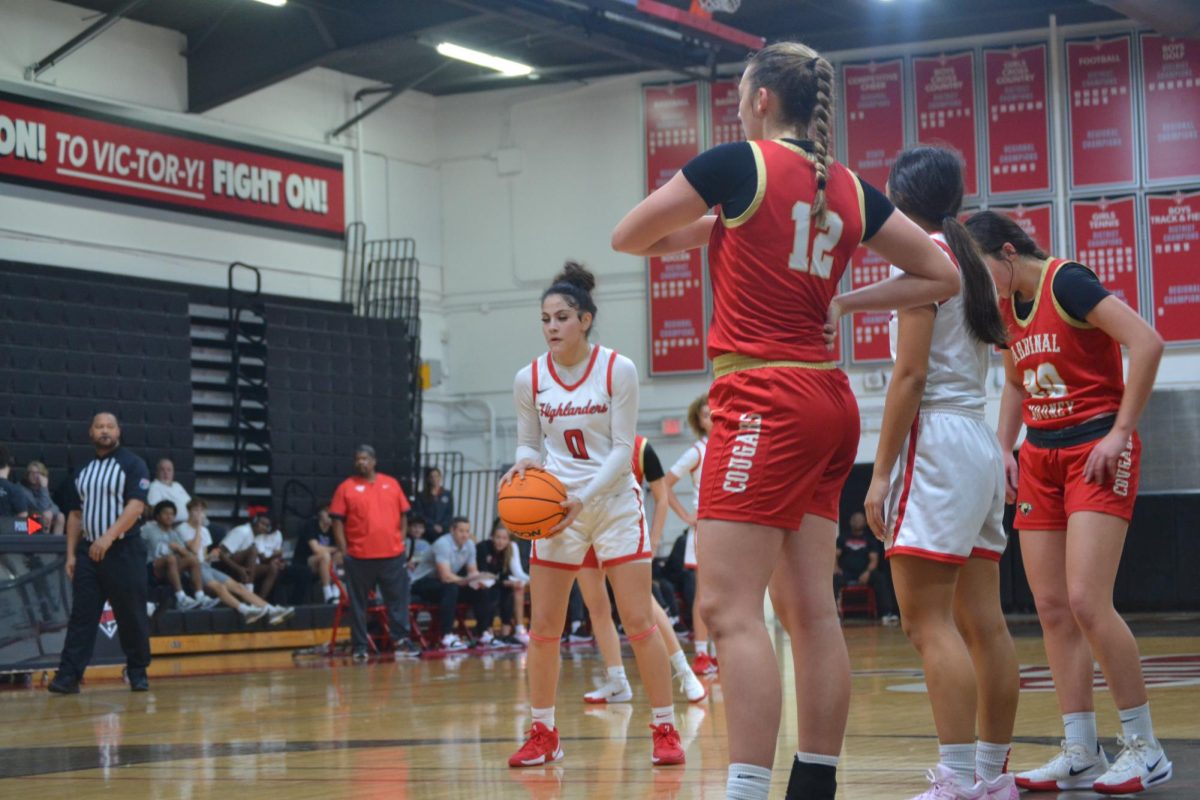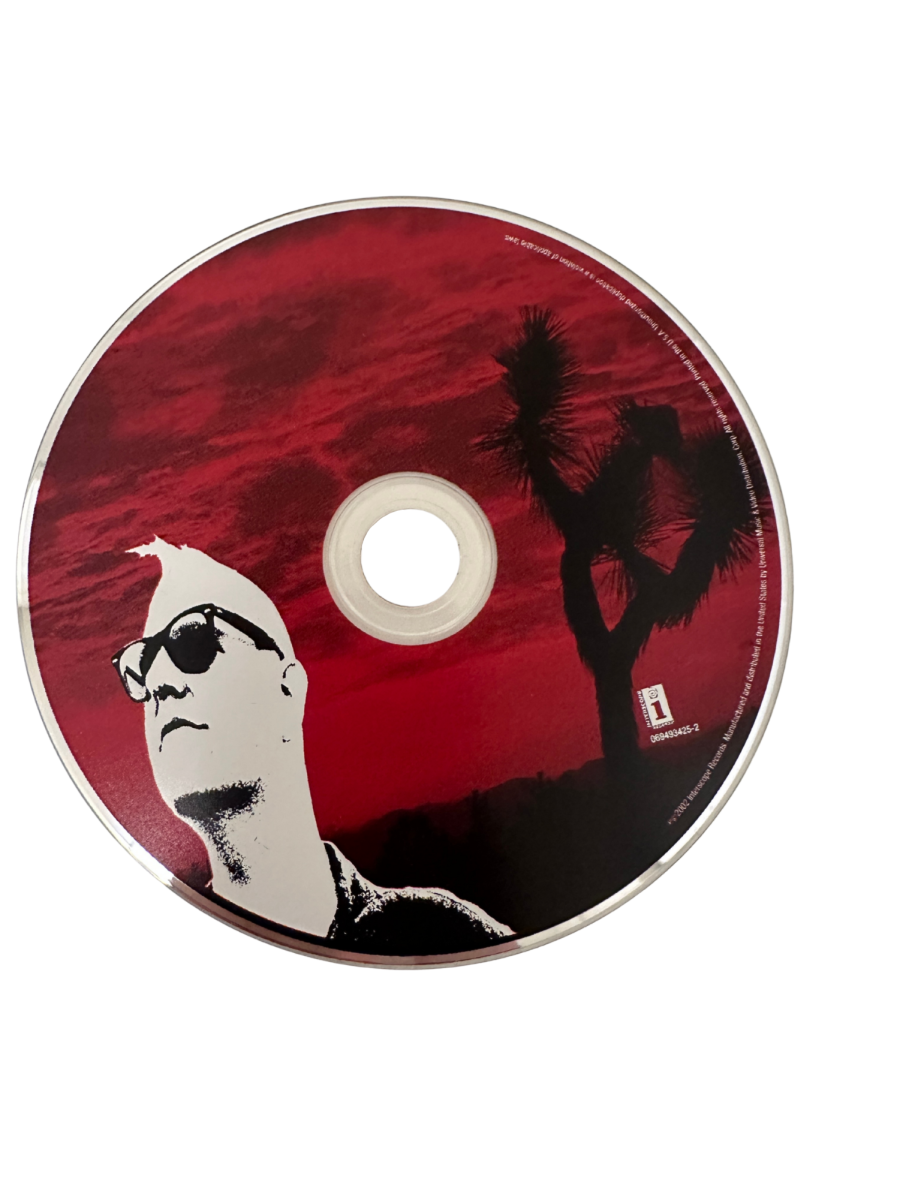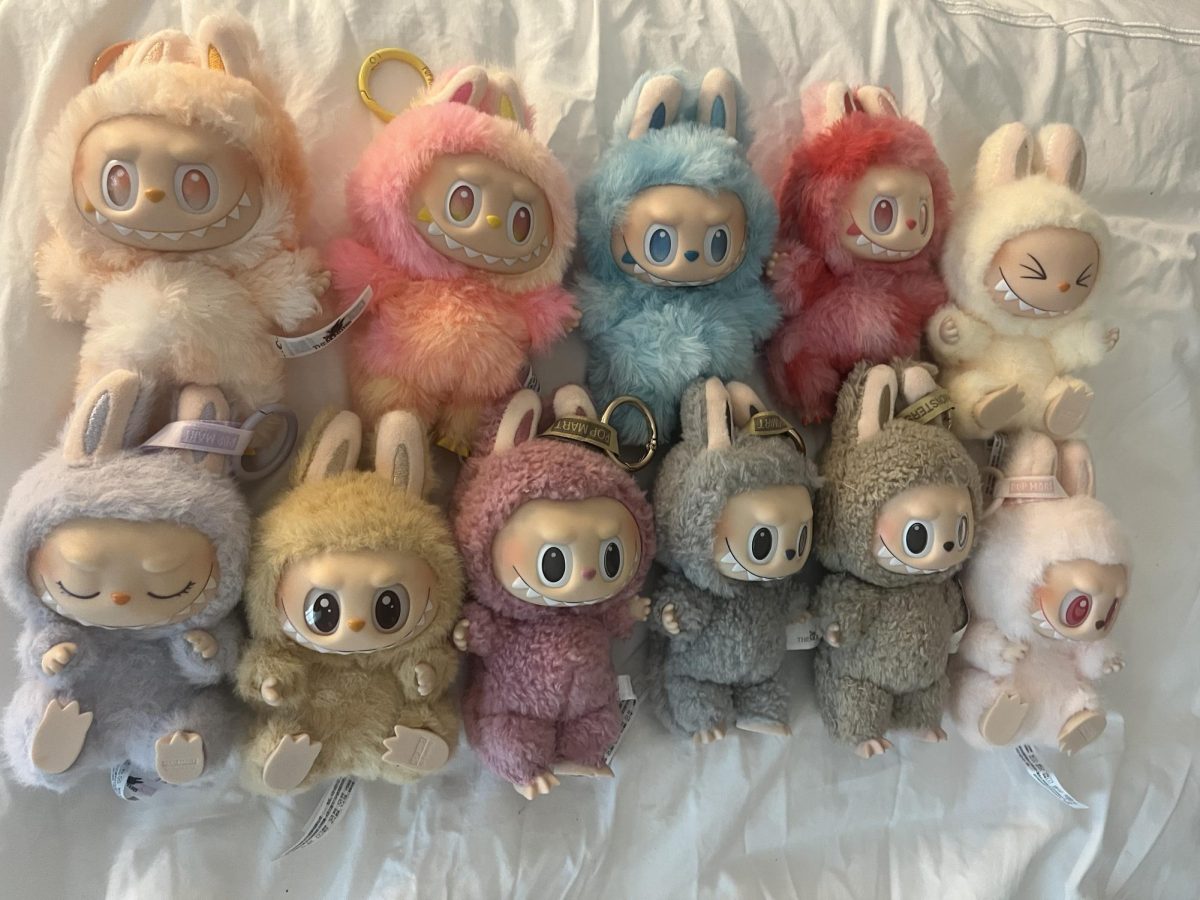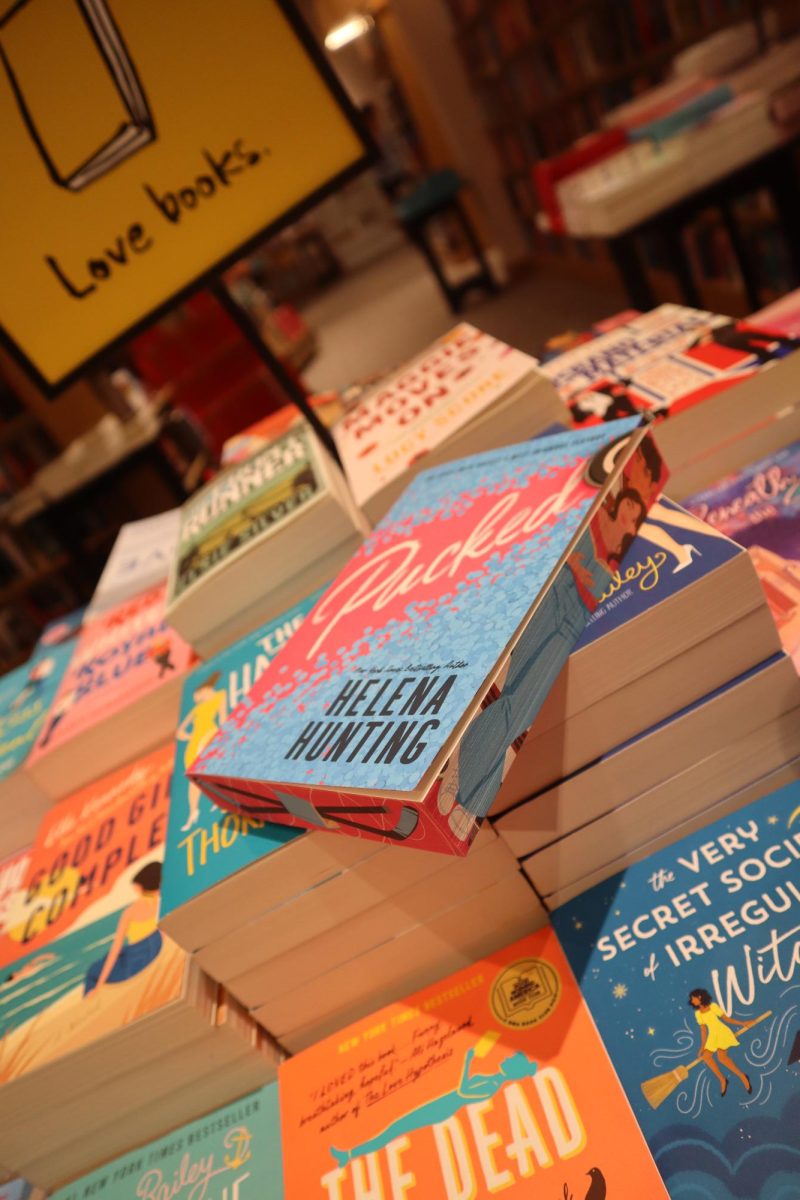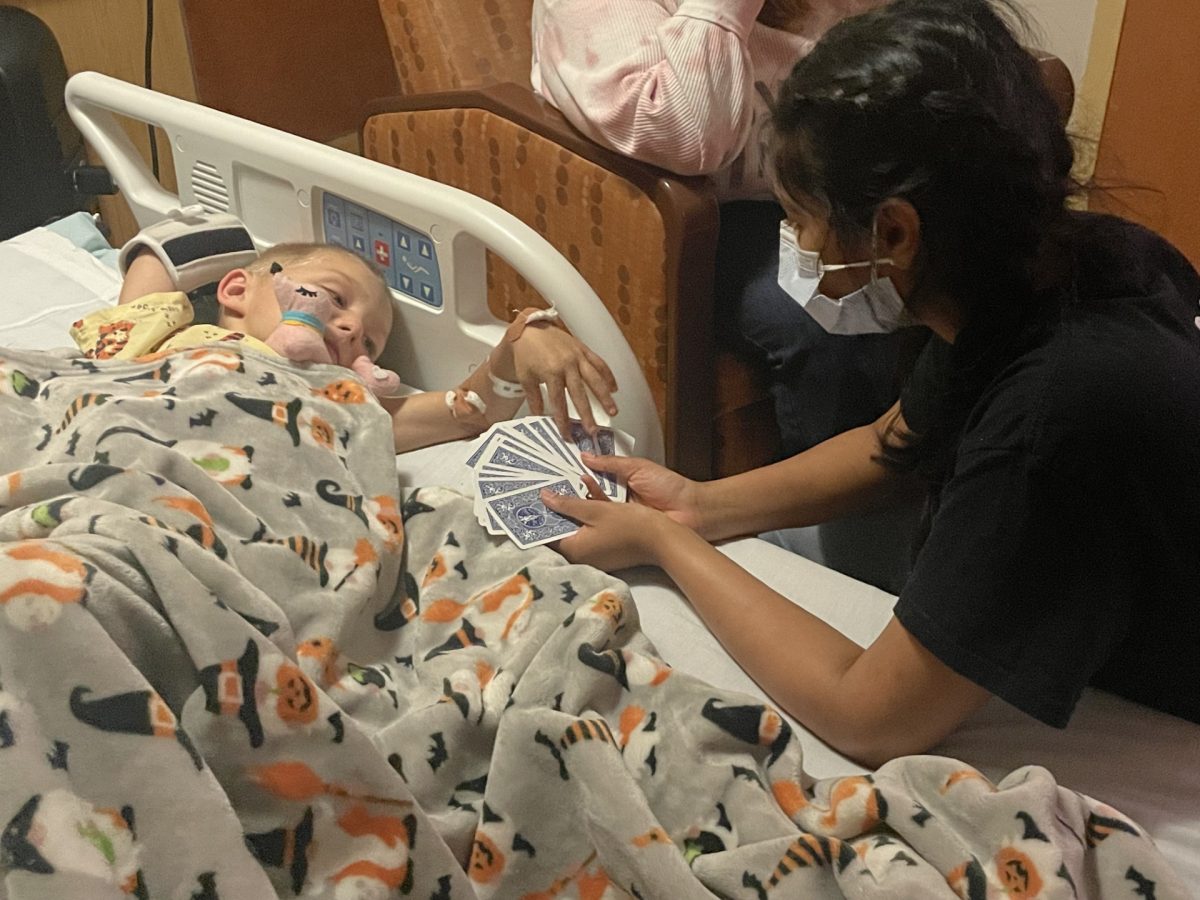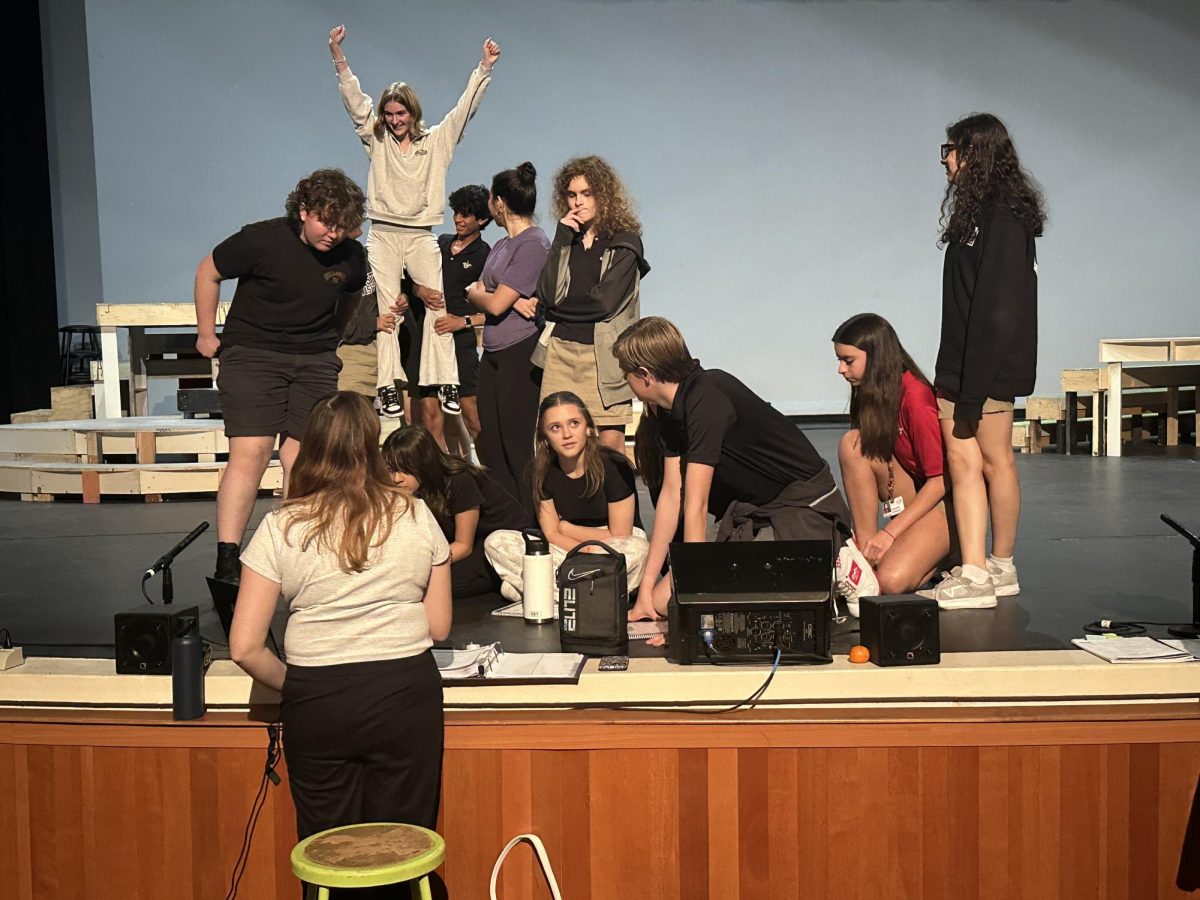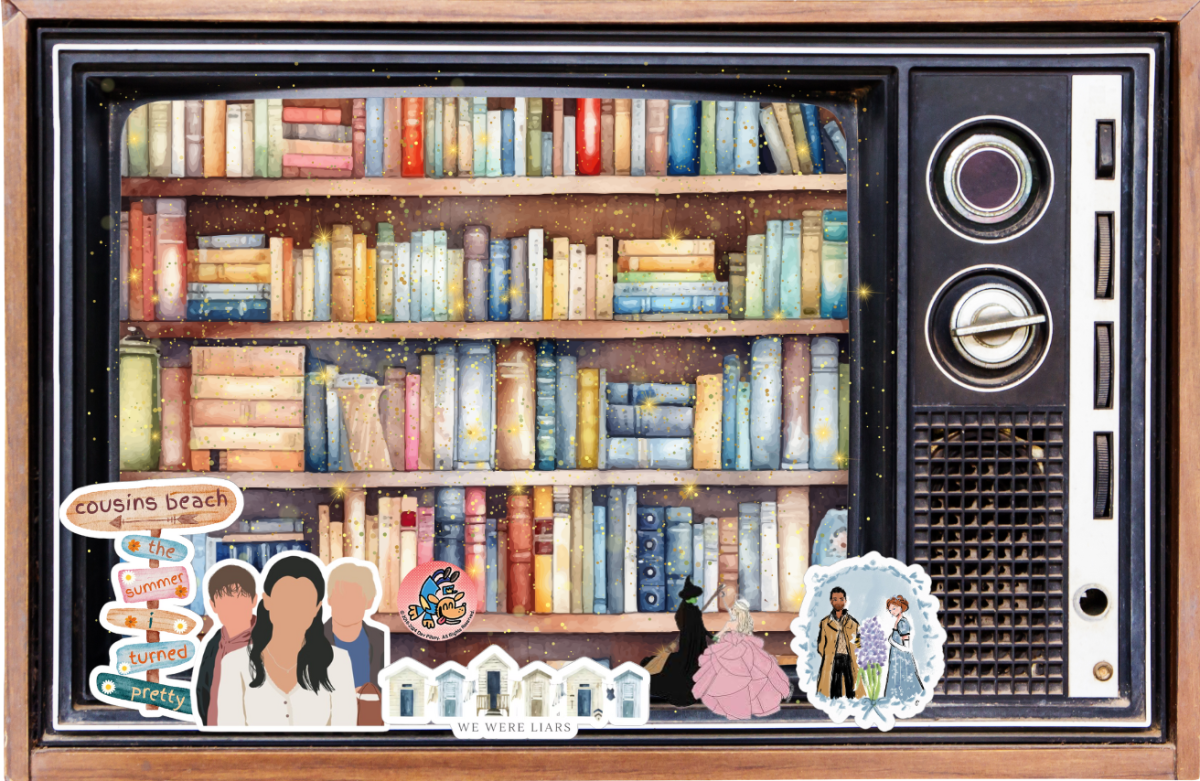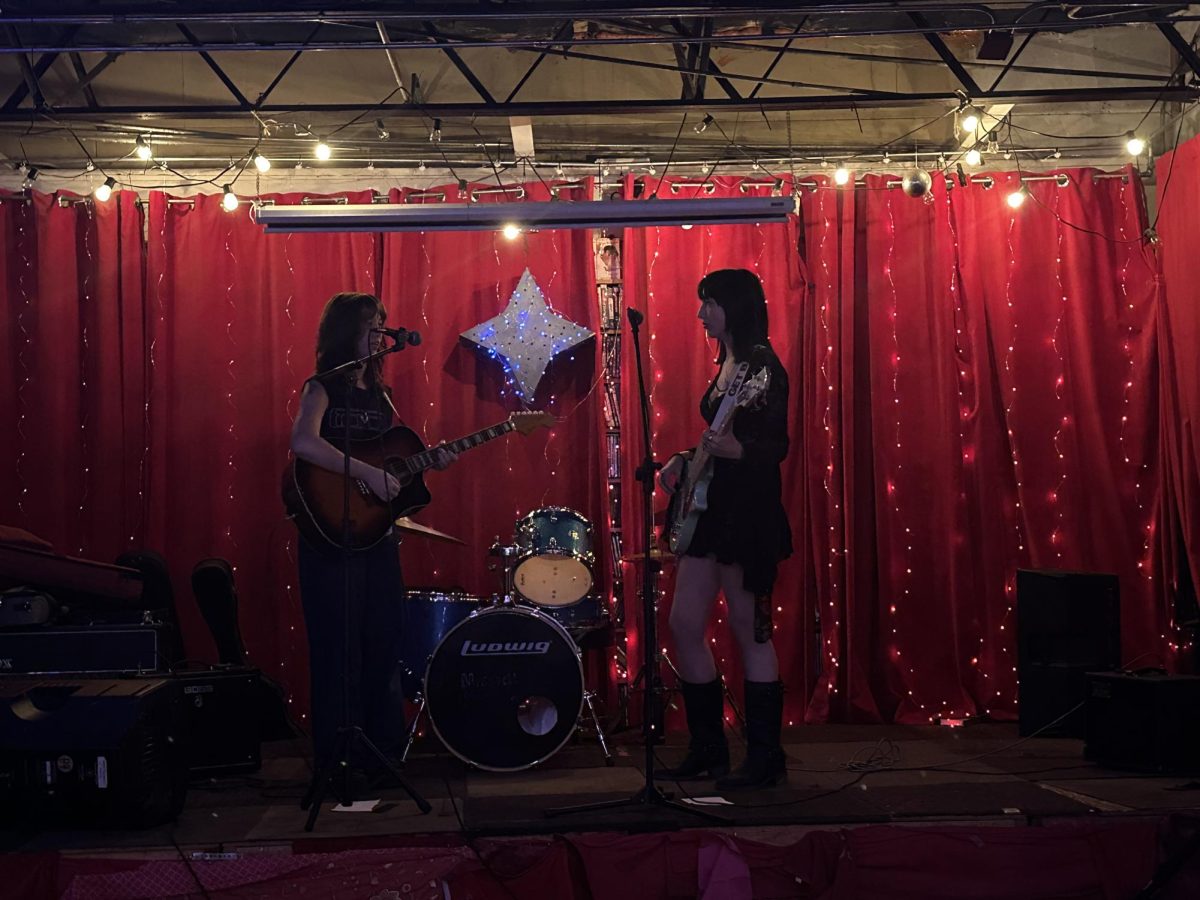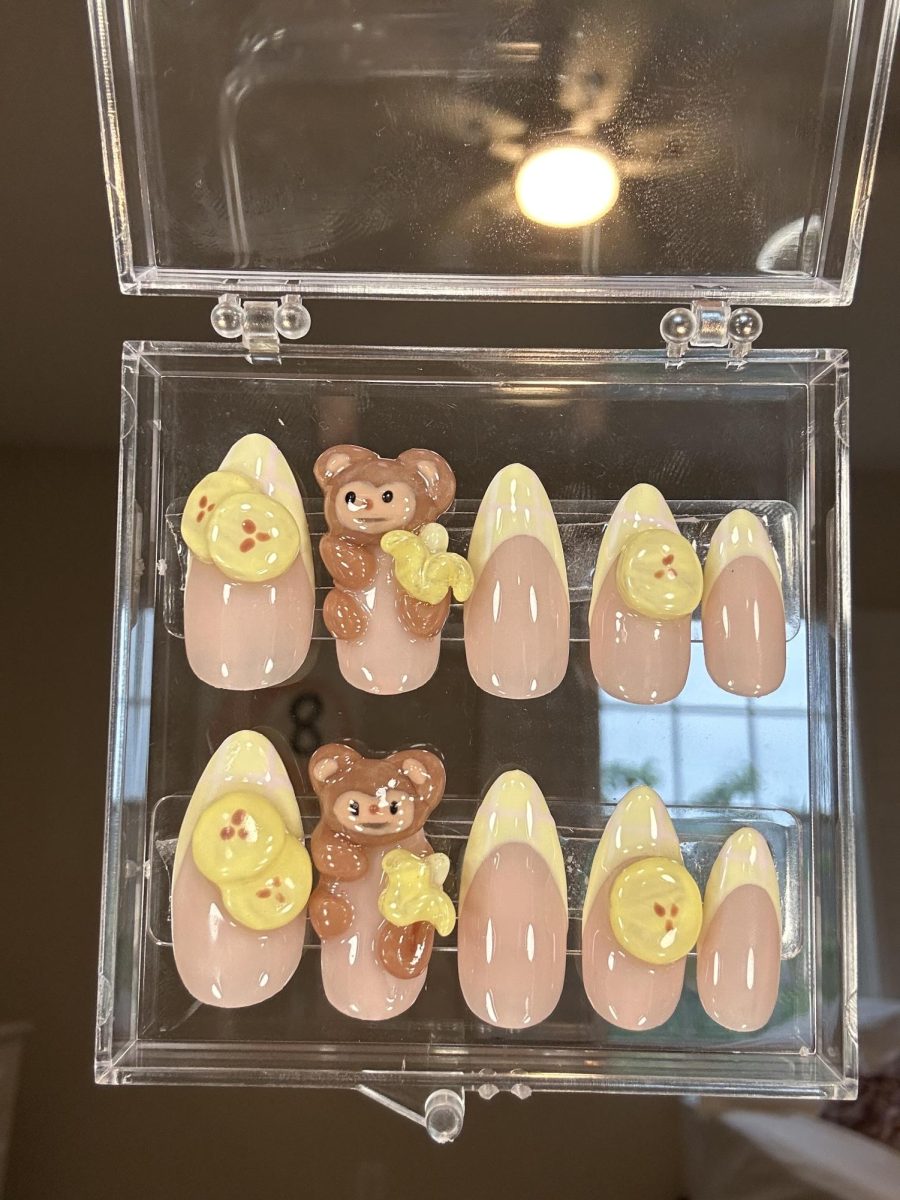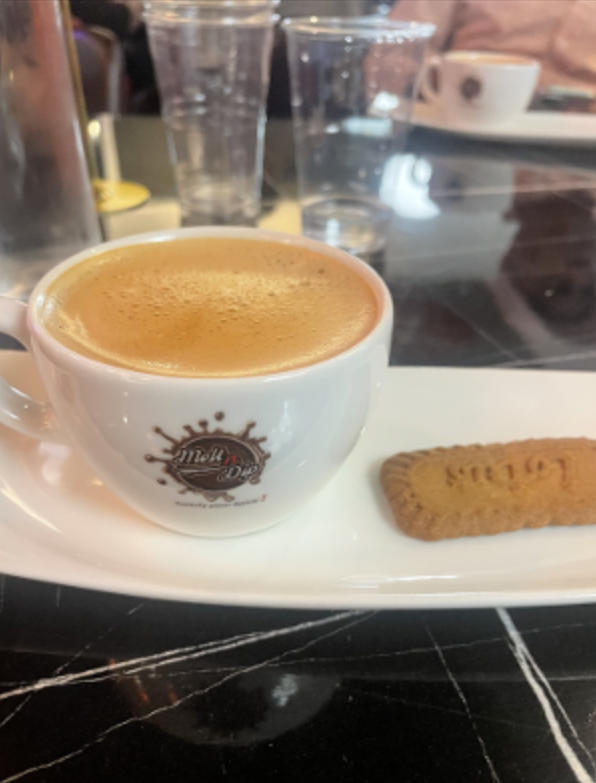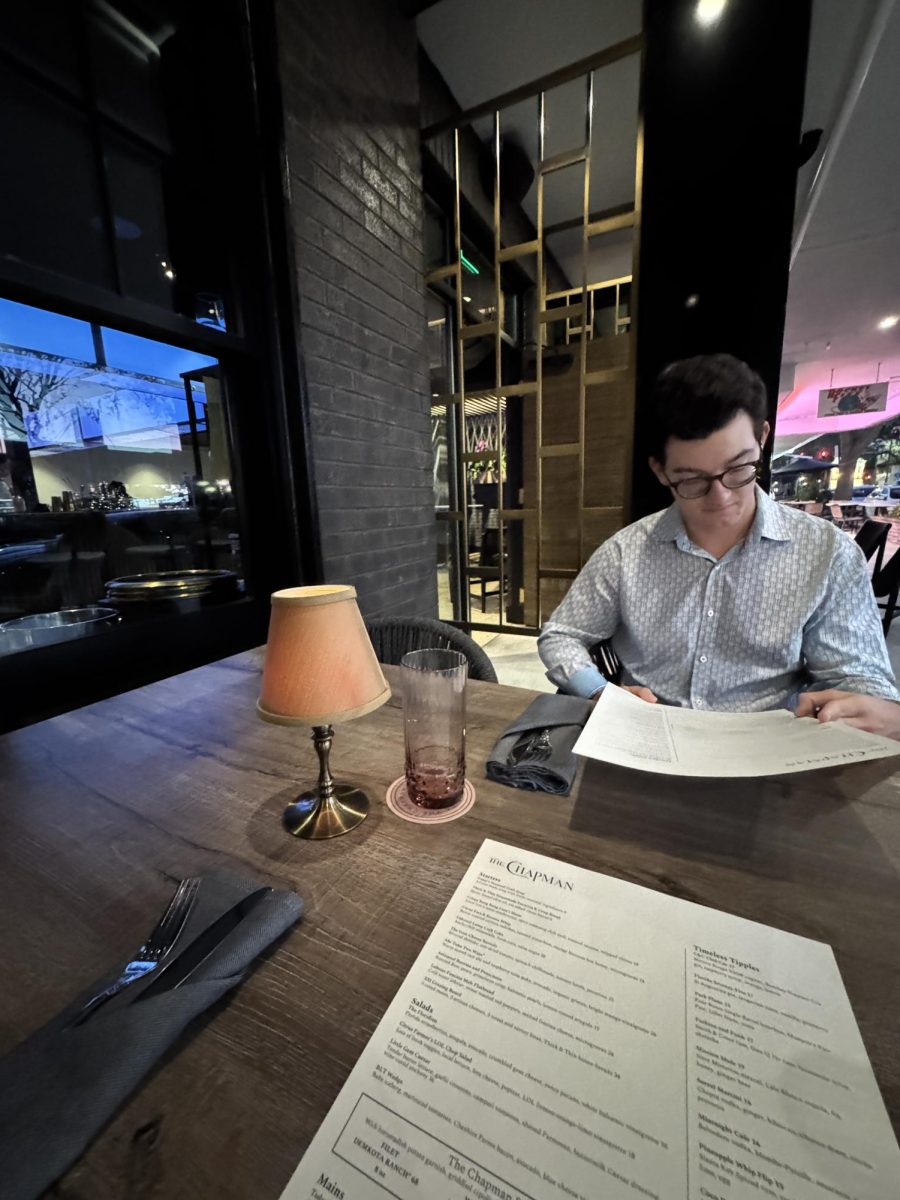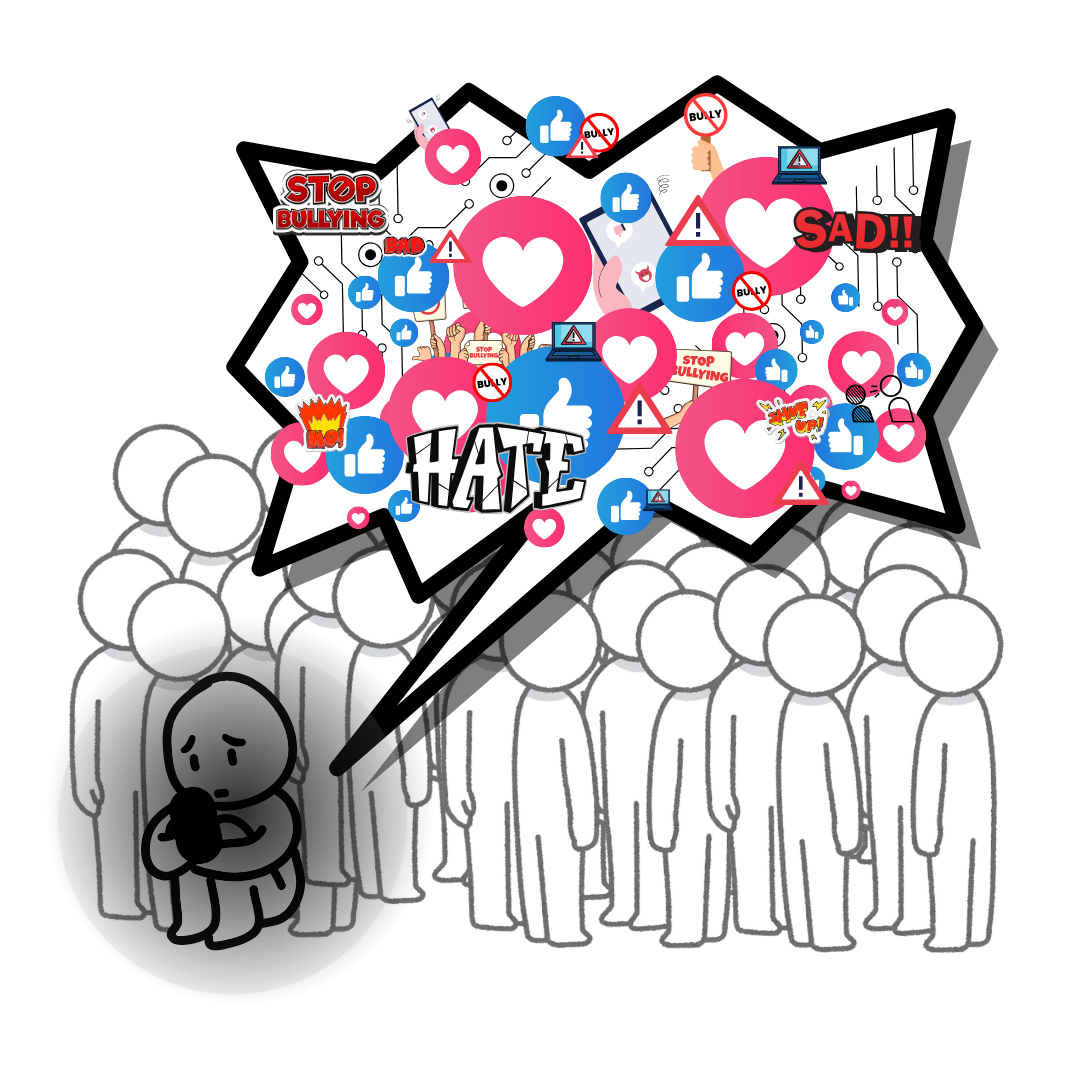It has been normalized for over half of American teenagers to receive negative hate comments from someone, creating a big problem. “Fifty-nine percent of U.S. teens have been bullied or harassed online,” according to the Pew Research Center. In an age where students are afraid to enter classrooms and feel unsafe in schools, social media needs to be better nurtured to protect its young users from any negative effects. Addiction Help reported with information from California State University that, “An estimated 10% or 33.19 million Americans are addicted to social media compared to the average person,” and that largely applies to teens.
Teenagers are chronically online, and it is even more evident for this generation, as they have adopted the term “Screenager.” Young women, especially, are receiving strong negative effects from being constantly online. The Pew Research Center reported that, “Older teen girls are especially likely to report being targeted by online abuse overall and because of their appearance.” That doesn’t even account for how the average teen girl is already comparing herself to other women online and in their everyday life. Phones and screens aren’t easy to get escape. People use technology at school or work and screens surround us everywhere we go. The solution is not to manage the effects of what online harassment can do to impressionable teens. The solution is to prevent it altogether, and that’s where Pinterest comes in.
Pinterest has created a category of its own within social media. It alleviates its users from the constant comparisons and jealousy that are normally associated with social media. Pinterest has set itself apart because rather than focusing on sharing or posting content, it focuses on its users receiving content and inspiration. Apart from that, Pinterest also doesn’t focus on how many likes a post gets, what users look like, or a follower count. It’s common for people to have zero followers and posts because users are on the app solely for the content provided. While it is still possible for users to compare themselves with what’s on that app, since its content is mainly picture-based, the difference is that it’s not their friends or the people they go to school with. The toxicity that is normalized and associated with social media doesn’t exist within Pinterest.
That is why social media apps need to reevaluate the current template for their media platforms. Even the most common cases of cyberbullying have drastic effects, and the uncommon cases have even worse symptoms. Just this month, the shooting at Apalachee High School in Georgia took place, and APNews reported that Colt, the charged 14-year-old, “Was picked on in school.” It is currently unknown how much being picked on in school played a role in his motive or whether he continued to be bullied online, but bullying has been part of many of the worst school shootings led by students.
The National Bullying Prevention Center, reported that, “Cyberbullying can result in serious emotional problems for targets, including depression, anger, and sadness. Those who are victimized by cyberbullying also reveal that they are often afraid or embarrassed to go to school. In addition, research has revealed a link between cyberbullying and low self-esteem, family problems, academic difficulties, school violence, and various delinquent behaviors.” The effects all sound eerily similar to how Colt has been described in the media. Whether or not Colt was bullied online, social media plays a big role in the vast majority of cyberbullying cases.
Social Media Victims Law Center, reported, “According to a Cyberbullying Research Center study, 73% of teenagers who have been cyberbullied have experienced it on social media.” With that and the knowledge that Pinterest is so vastly different from other social media platforms, it is even more evident that there needs to be a change. The effects Pinterest has on its users are not just words thrown in the air. There is real evidence. SproutSocial, reported that, “The vast majority (nearly 8 in 10) of Pinterest users get a positive feeling from using the platform.” On top of that, SproutSocial, reported that, “Another study showed that browsing Pinterest for a healthy dose of inspiration can help prevent burnout and stress.” Not only does Pinterest protect its users, it also inspires them. Pinterest is the template for social media, and the media platforms need to take action now.
